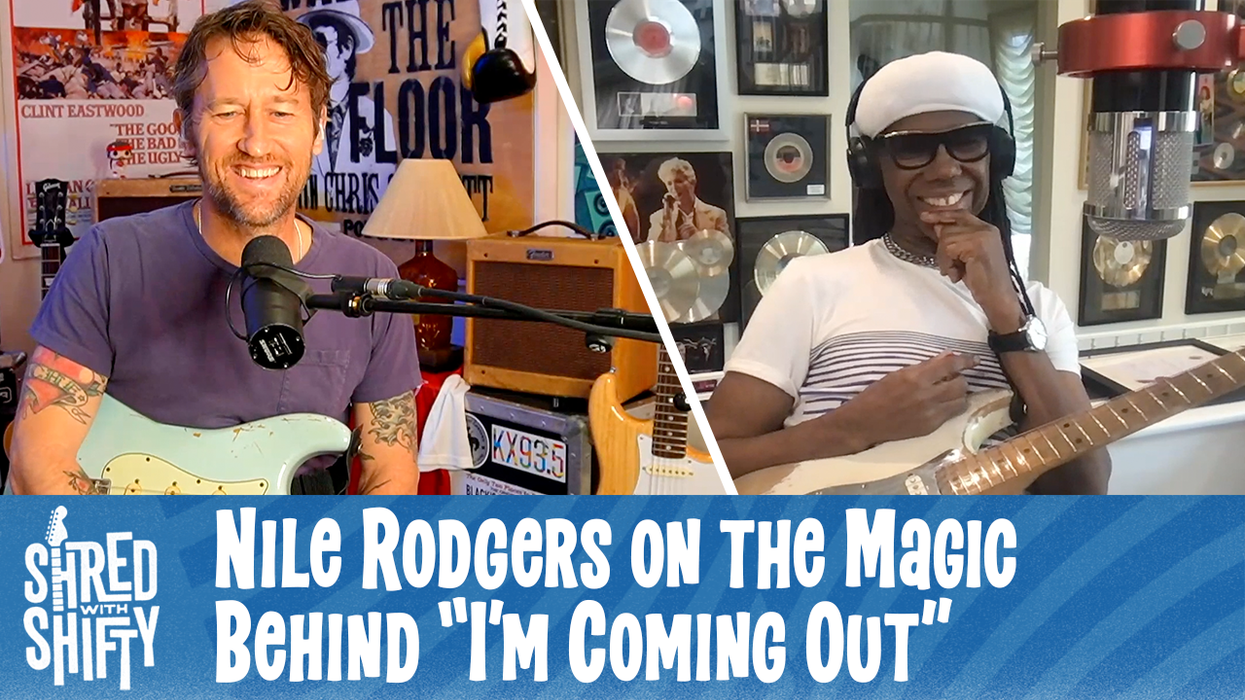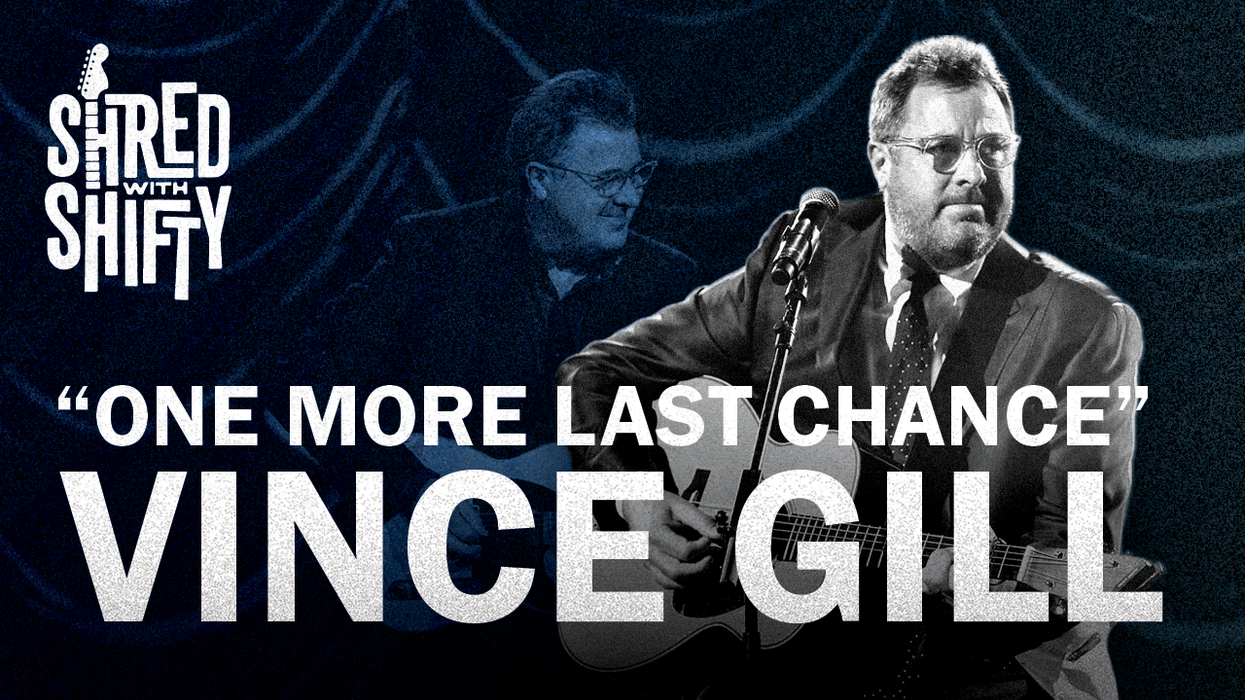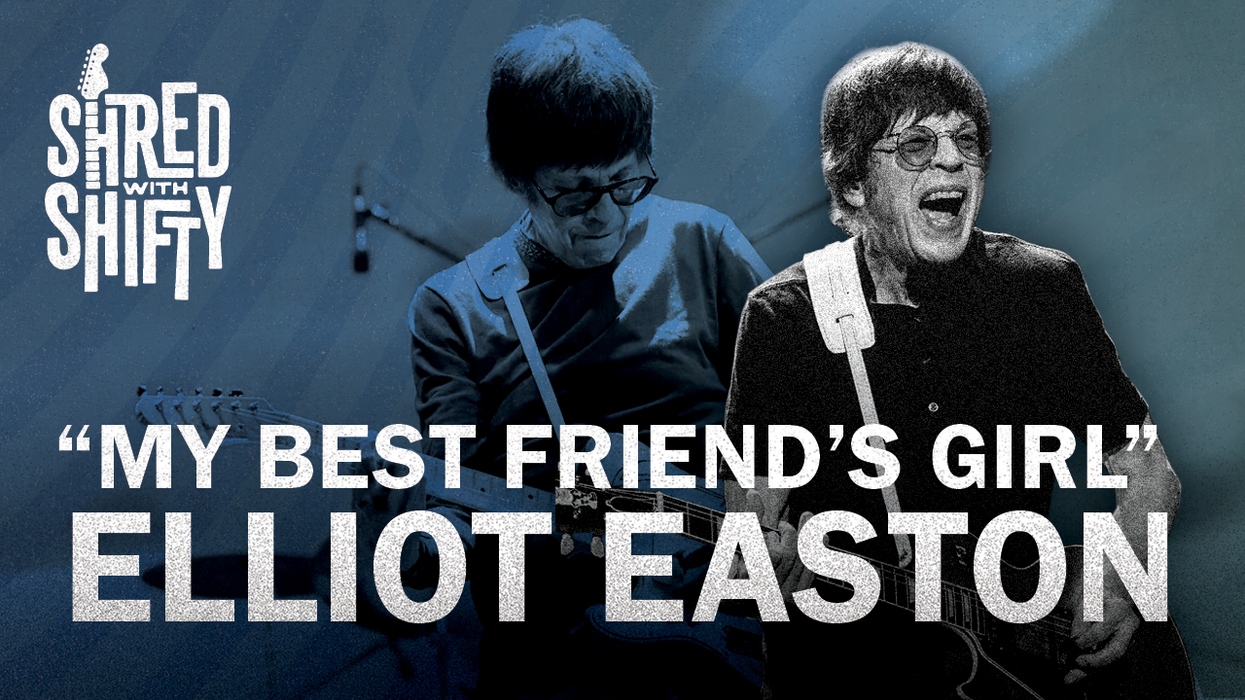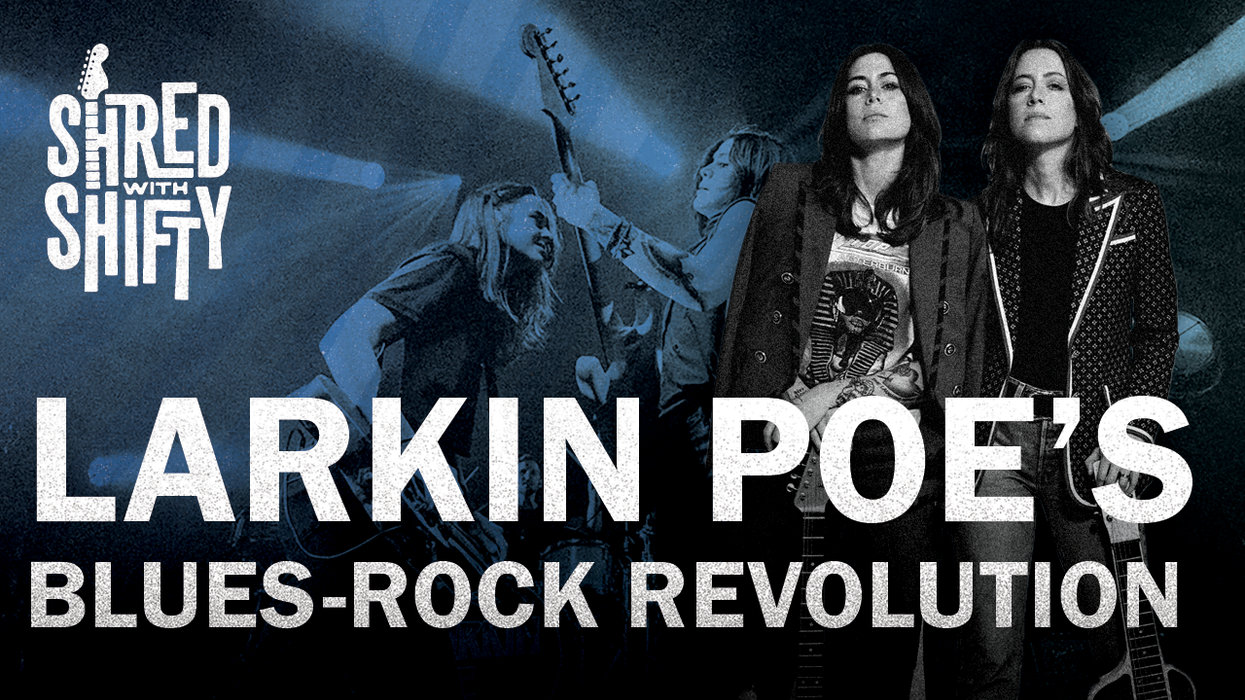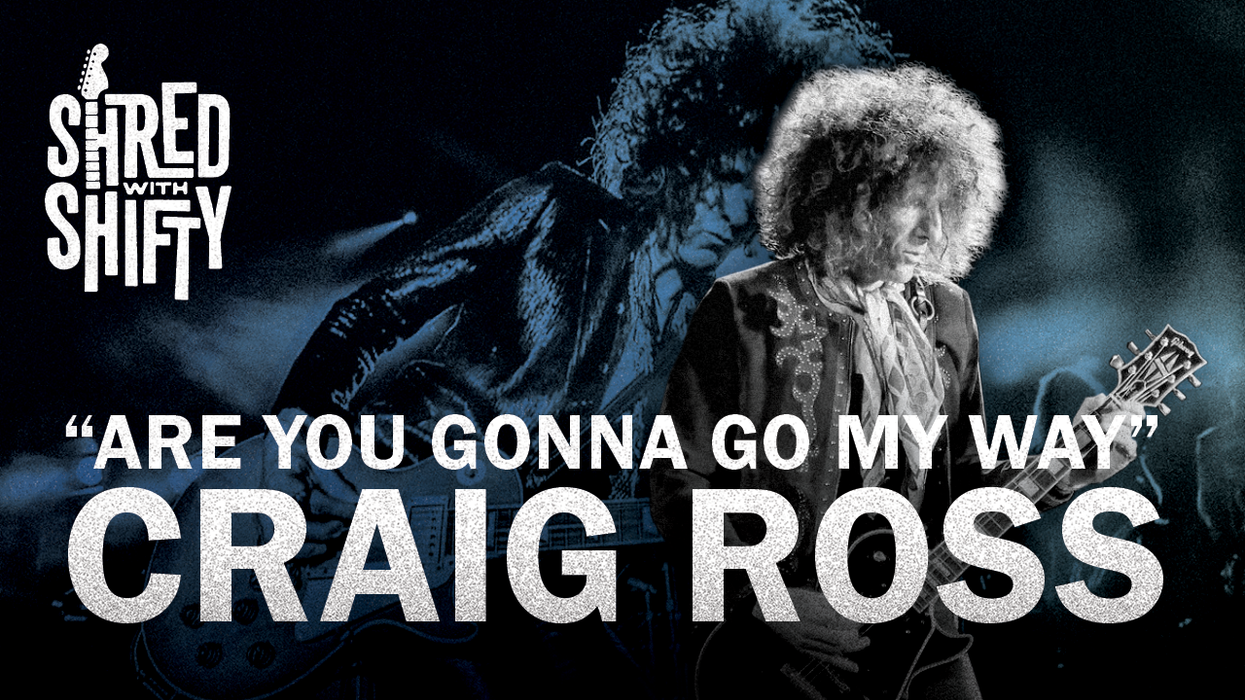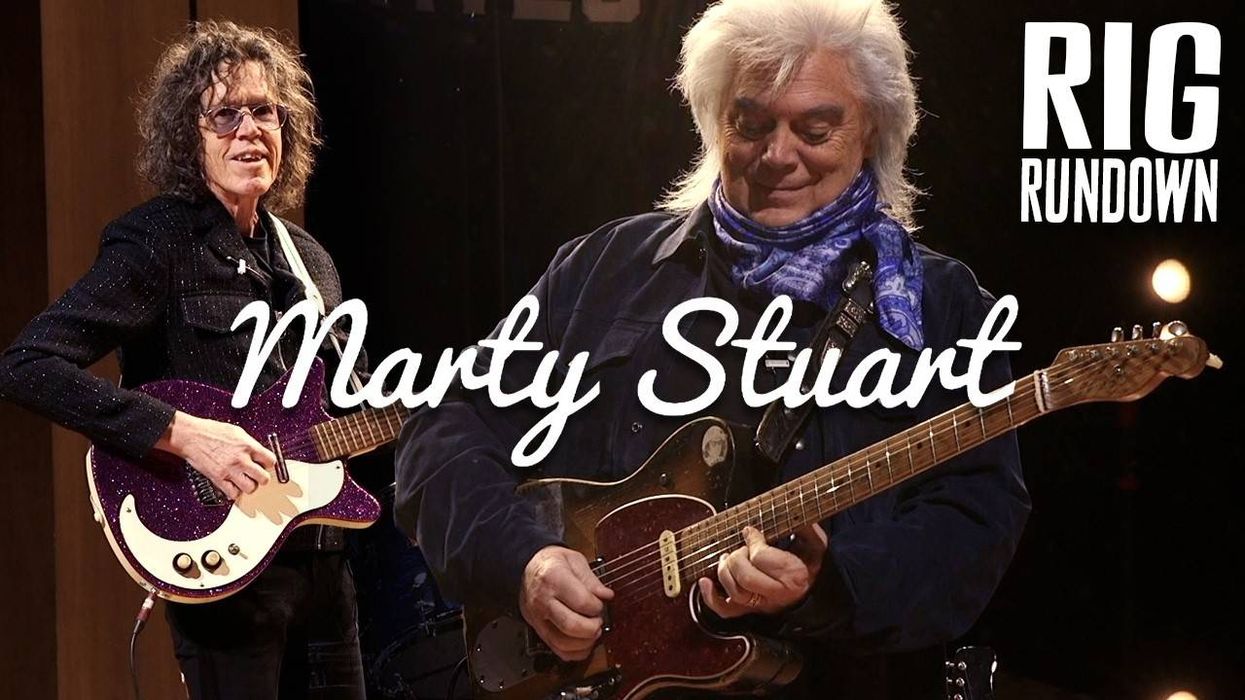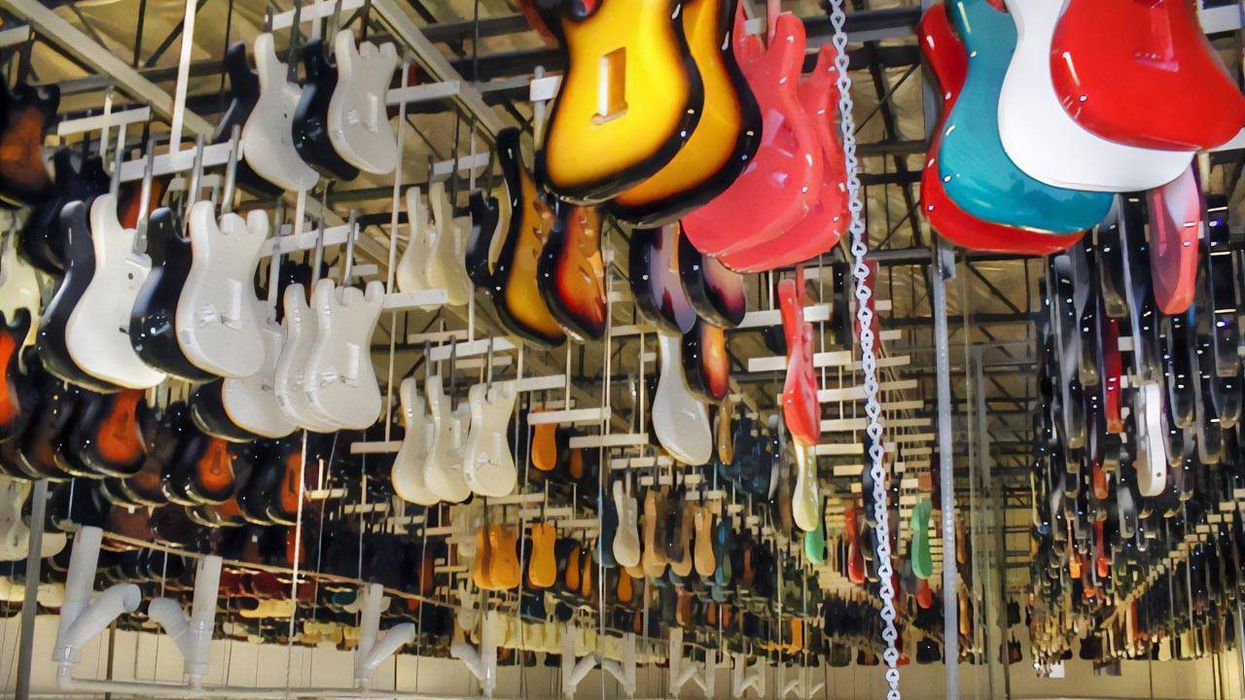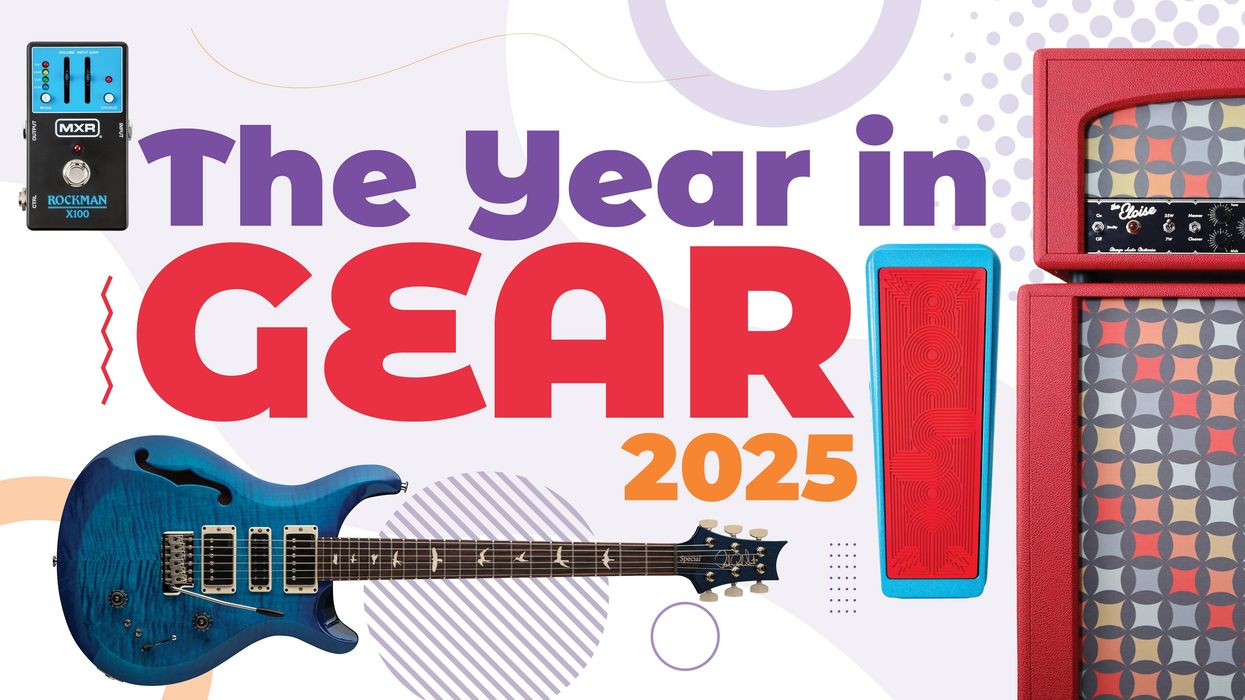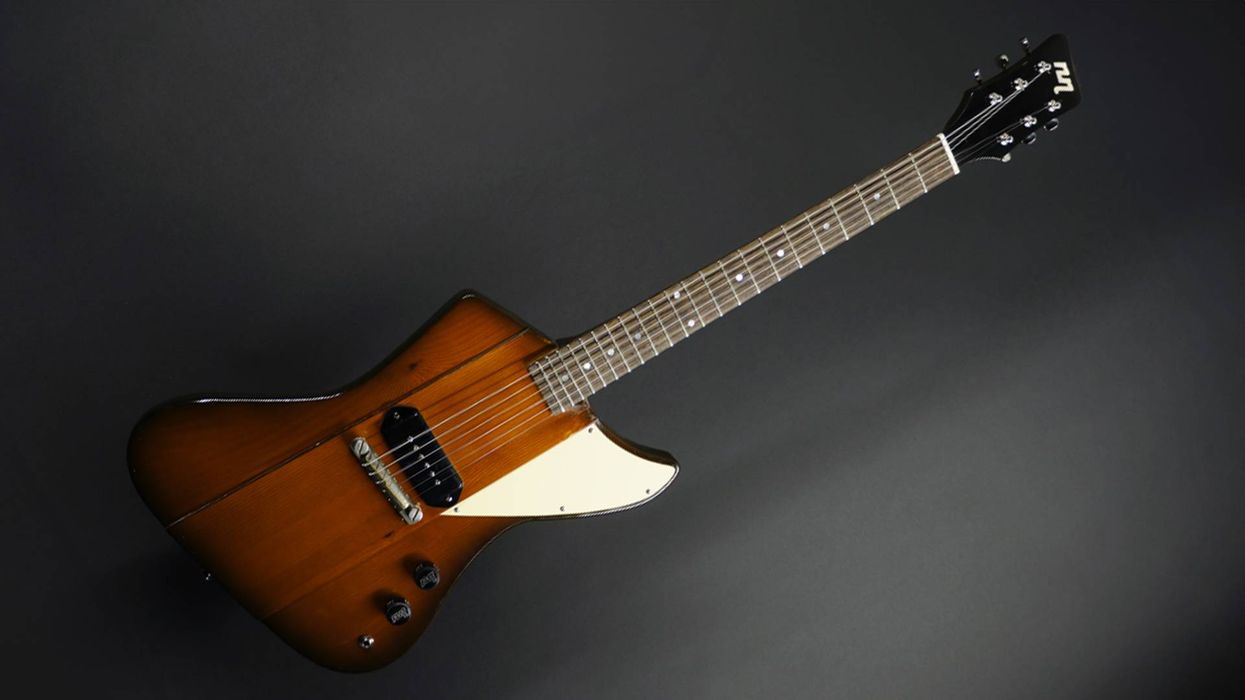Nile Rodgers gives Chris Shiflett the full, eyebrow-raising story of how he and bassist Bernard Edwards penned Diana Ross’ hit, “I’m Coming Out.” The duo had tried the song’s drumbeat on many other tracks—they nicknamed it “the hesitation waltz”—but its playful rhythm didn’t land until they wrote the song for Ross. Rodgers explains that his neck-pickup “chucking” on the song, which is most clearly voiced on the highest three strings, was structured around the vocal melody. “I’m a very hook-oriented guy,” says Rodgers. “I believe in reinforcing the thing that is melodically the motif that the house is built on.”
When CHIC guitar wizard Nile Rodgers tells Chris Shiflett that he was at Woodstock, Shiflett quips, “You didn’t take the brown acid, did you?” Rodgers grins and chuckles, “I took every color acid they had!”
This is the tongue-in-cheek tenor of the latest episode of Shred With Shifty, a fun, often hilarious conversational romp through Rodgers’ music career. It all started with classical music and woodwinds (specifically the flute and clarinet), but as Rodgers tells it, a major turning point was a chance encounter with a crew of Los Angeles hippies—affectionately called “freaks” in those days of the late ’60s—that led to a two-day LSD party soundtracked by The Doors’ first album.
After he picked up a guitar at 16, he turned to unique jazz pluckers like Django Reinhardt and Wes Montgomery. He followed in their footsteps and played semi-hollow guitars until he met his longtime musical partner and CHIC cofounder, bassist Bernard Edwards, who urged him to pick up a Stratocaster. So it was then that the Hitmaker was born one fateful day in a south Florida guitar shop.
And Rodgers doesn’t shy away from the whole truth about the song’s history. Diana Ross was the first superstar that Rodgers had recorded with, but as he remembers, that didn’t stop him from spinning a little white lie to make sure that “I’m Coming Out” was released.
Credits
Producer: Jason Shadrick
Executive Producers: Brady Sadler and Jake Brennan for Double Elvis
Engineering Support by Matt Tahaney and Matt Beaudion
Video Editors: Dan Destefano and Addison Sauvan
Special thanks to Chris Peterson, Greg Nacron, and the entire Volume.com crew.
